To disagree, one doesn't have to be disagreeable
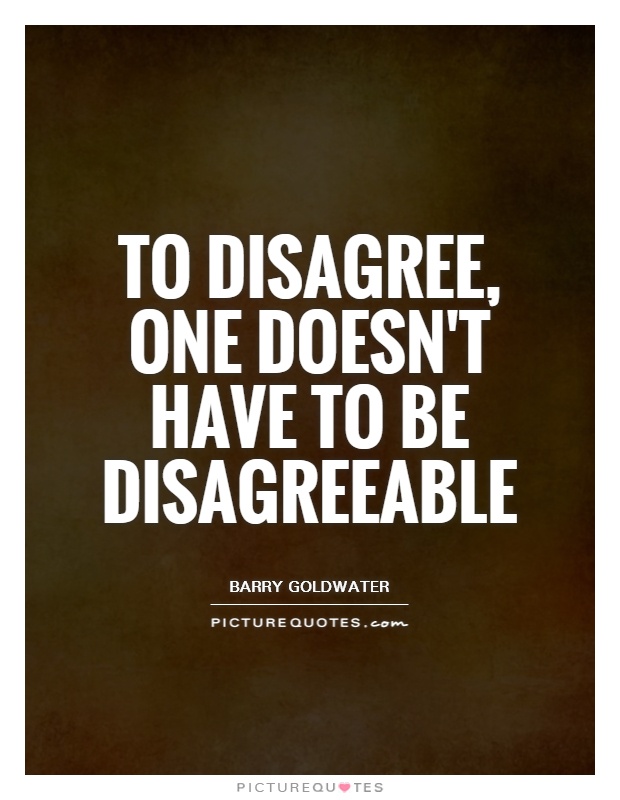
To disagree, one doesn't have to be disagreeable
Barry Goldwater, a prominent American politician and conservative icon, was known for his strong convictions and unwavering beliefs. However, despite his staunch conservative views, Goldwater understood the importance of civil discourse and respectful disagreement. He famously said, "To disagree, one doesn't have to be disagreeable," a sentiment that reflects his commitment to open dialogue and respectful debate.Goldwater's belief in the power of civil disagreement was evident throughout his political career. As a five-term Senator from Arizona and the Republican Party's nominee for President in 1964, Goldwater often found himself at odds with his colleagues and opponents. Despite this, he maintained a reputation for being principled and respectful in his disagreements.
One of the key reasons why Goldwater believed in the importance of civil disagreement was his commitment to the principles of democracy. In a democratic society, it is essential that individuals are able to express their opinions and engage in debate without fear of retribution or hostility. Goldwater understood that healthy disagreement is a fundamental aspect of democracy and that it is through respectful debate that progress and change can be achieved.
Furthermore, Goldwater recognized that respectful disagreement is essential for building relationships and fostering understanding. By engaging in civil discourse, individuals are able to listen to different perspectives, challenge their own beliefs, and ultimately find common ground. Goldwater understood that by approaching disagreements with respect and empathy, it is possible to bridge divides and work towards solutions that benefit all parties involved.
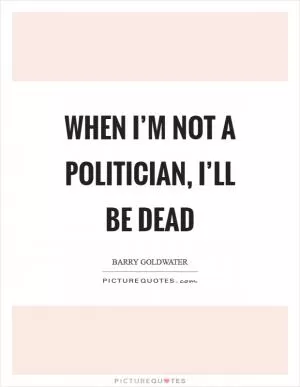





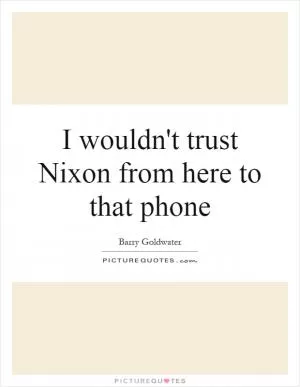



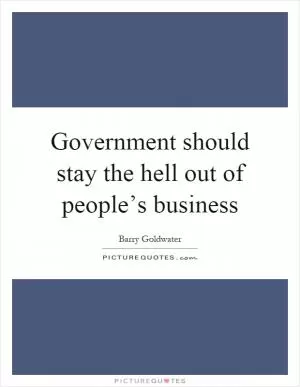
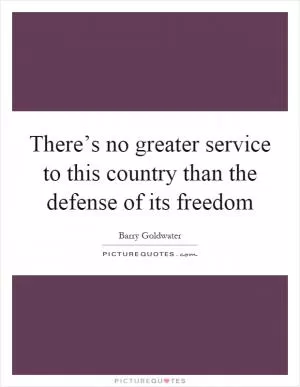
 Friendship Quotes
Friendship Quotes Love Quotes
Love Quotes Life Quotes
Life Quotes Funny Quotes
Funny Quotes Motivational Quotes
Motivational Quotes Inspirational Quotes
Inspirational Quotes